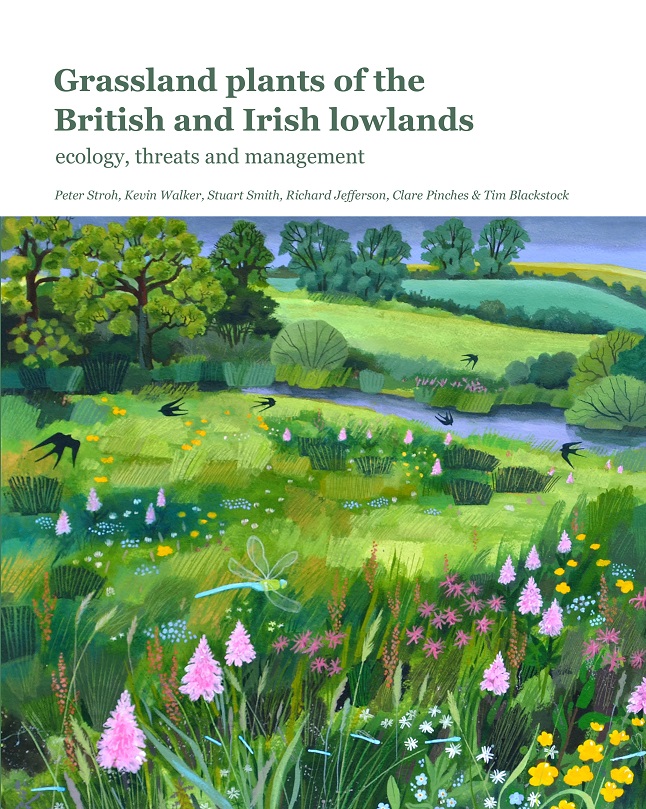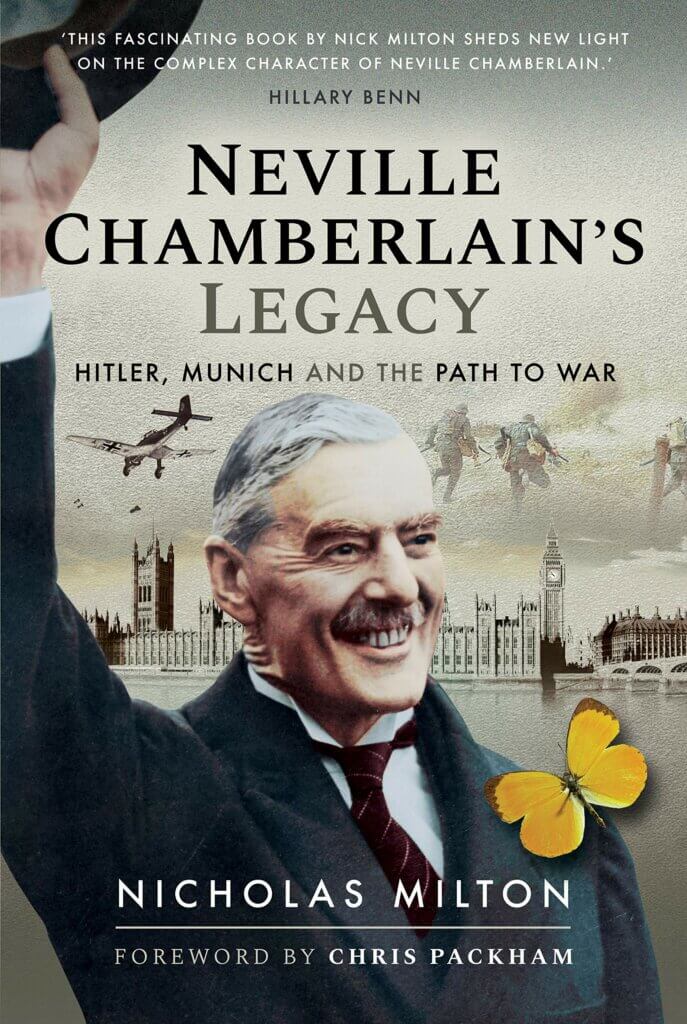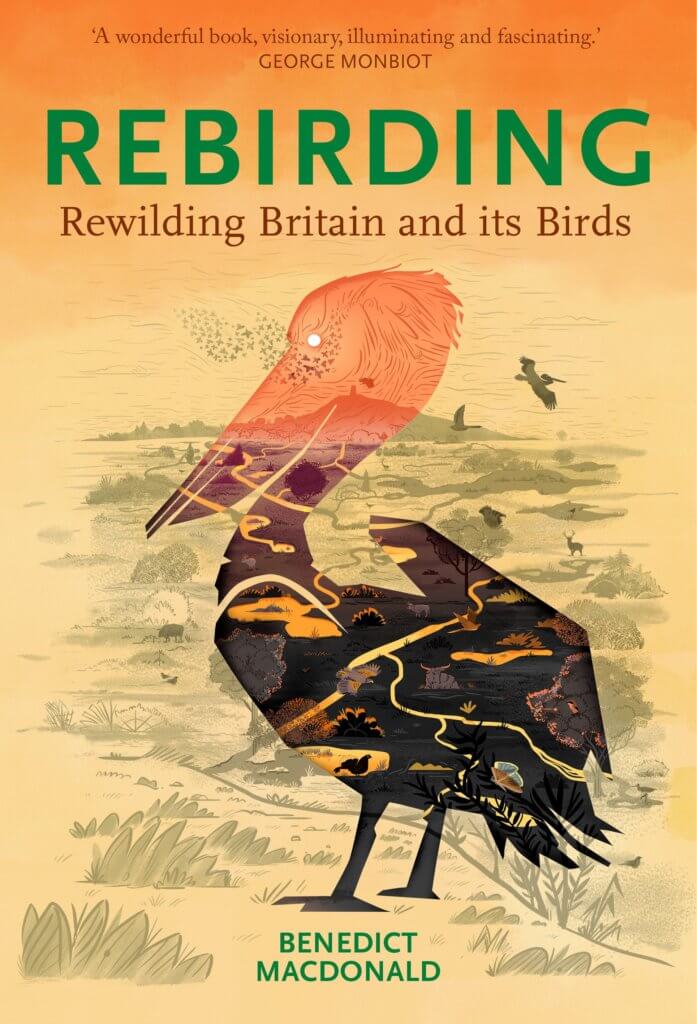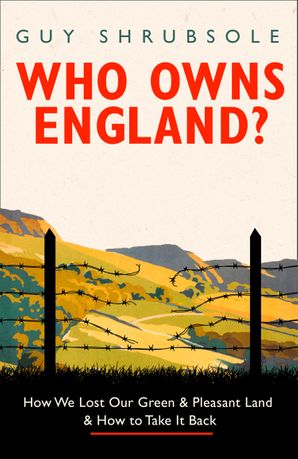This blog has reviewed 25 books this year (and many thanks to Ian Carter for his reviews).
My selection of the ‘top 5’ books of the year is as follows;
Number 5

A beautifully produced book about beautiful habitats which are so much rarer now than in the past. See my review here.
Number 4

Not primarily a book about nature, but an important account of where love of nature touched the life of a major public figure. Neville Chamberlain would be regarded as a complete failure by many but life, and any individual’s life, is much more complicated than that. See my review here.
Number 3

This is an impressive book about rewilding. It is a good read and well-anchored in an understanding of avian ecology. It paints a good picture of how the future might look with more wildlife and better functioning landscapes. Some of the important barriers to the delivery of nature conservation are dealt with in the next two books. See my review here.
Number 2

Much nature conservation and much climate change action depends on doing things to land – changing land use, changing food production, changing water flows. At the moment, we, the people, are handicapped in delivering good things by the fact that the land is, by dint of history, owned by a small proportion of the population. And so, much of what we do is to bribe landowners to do more of the right things that society needs (often called grants) but because of the power of land owners to influence policy development, we rarely make those grants sufficiently contingent on delivery of what is needed.
This book takes a long, detailed and interesting look at these issues. It is an eye-opener and a good read. See my review here.
Number 1

Nature conservation is difficult to achieve because you can’t sell a Skylark’s song (not very easily anyway). However, much of the infrastructure of nature – habitats or ecosystems (call them what you will) – has benefits to humankind through providing ecosystem services. Such services include carbon storage, clean water, flood alleviation, beautiful views and wonderful wildlife. These things have value – and that value can be expressed in monetary terms (more easily for some things than others). If you do give them a value then they become economic players and society takes more notice of them. That’s the theory anyway, and, to be fair, can easily be the practice too.
This book is written by an economist but not in economic jargon and it makes a strong case for building nature and ecosystem services into land use, forestry and agricultural decisions.
This is an important perspective and one which could save quite a lot of nature. Because the book is written by an influential economist, it is worth checking out what it says (and I bet several leading Tories have skimmed through its pages). See my review here.
[registration_form]
I read Dieter Helm’s book after you reviewed it and agree with your selection.
A very practical book with a good premise “Leave things better than you find them”
This book shows how to do it and where the money comes from to pay for it.
Read it!
p.s. to be fair I haven’t read any of the others but promise to start on those now!
Though it is not the only title about Chamberlain’s birdwatching activities, I agree that Nicholas Milton’s book is a good read, providing a sympathetic portrait of a politician who must have been emotionally devastated at being at the wrong end of such a relentless barrage of vilification.
However, it is a mystery how a man so lacking the personal touch could ever have clambered to the top rung of the political ladder. It could never happen now.
It seems the only time he cast off his cloak of inscrutability and ‘lightened up’ was with his bubbly Australian nurse, Bunty, in the last months before an untimely illness claimed his life.
Bunty would doubtless have had a fascinating to tell, but, after the war, she returned to her native Melbourne, never to be heard of again.